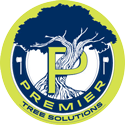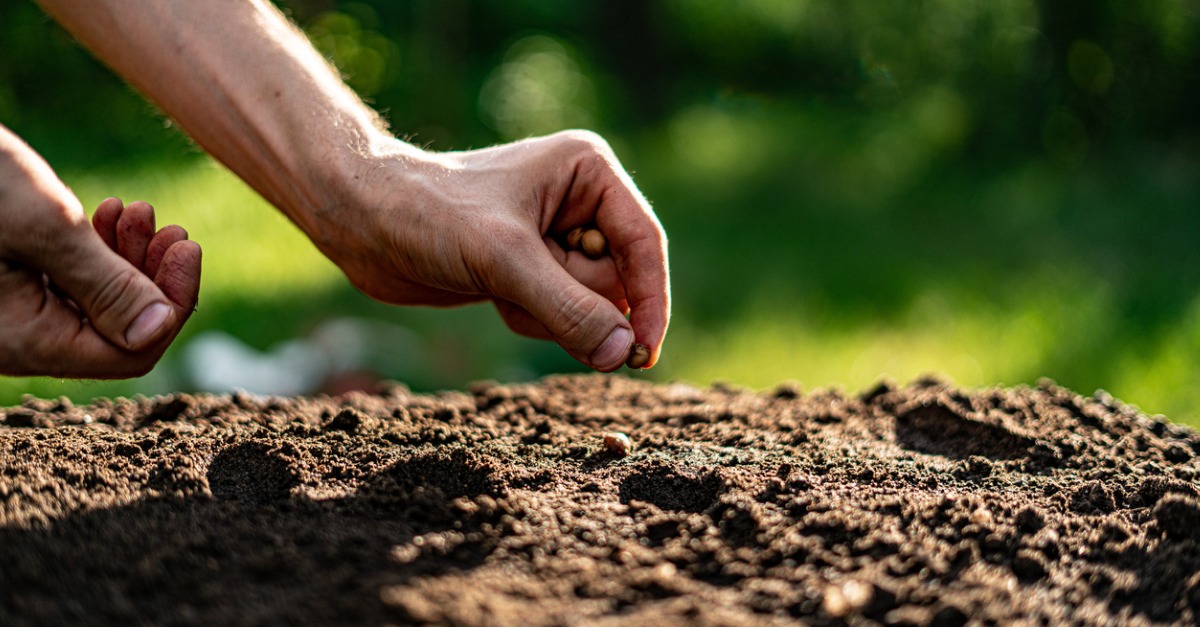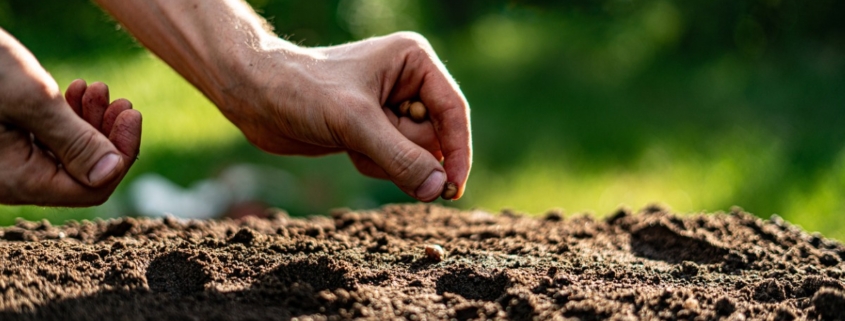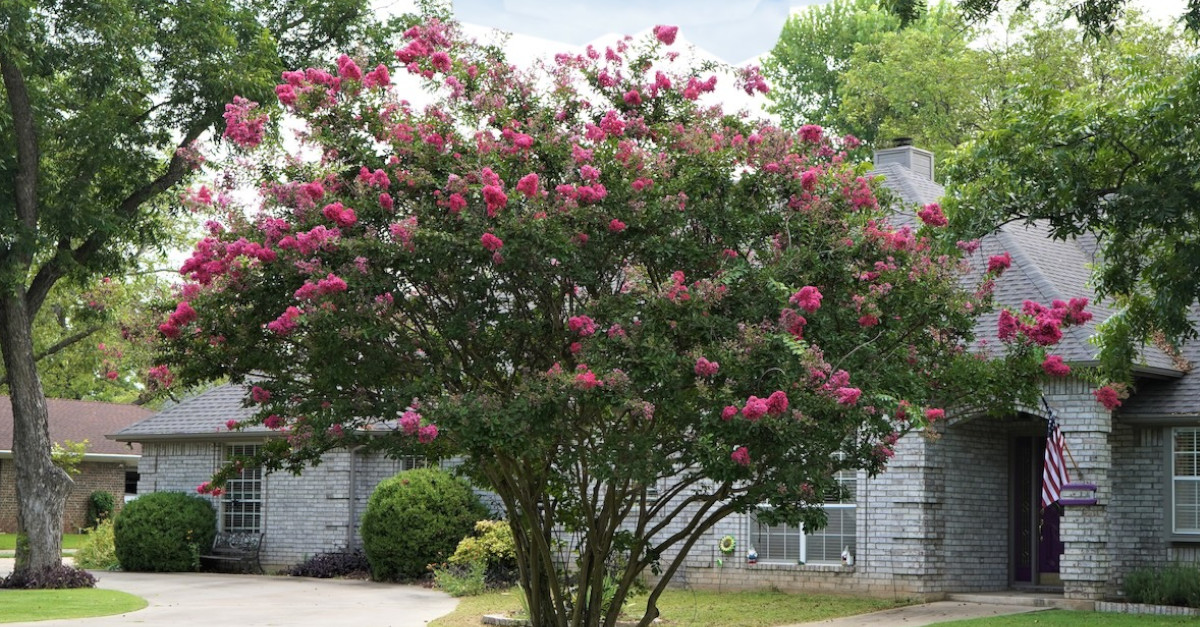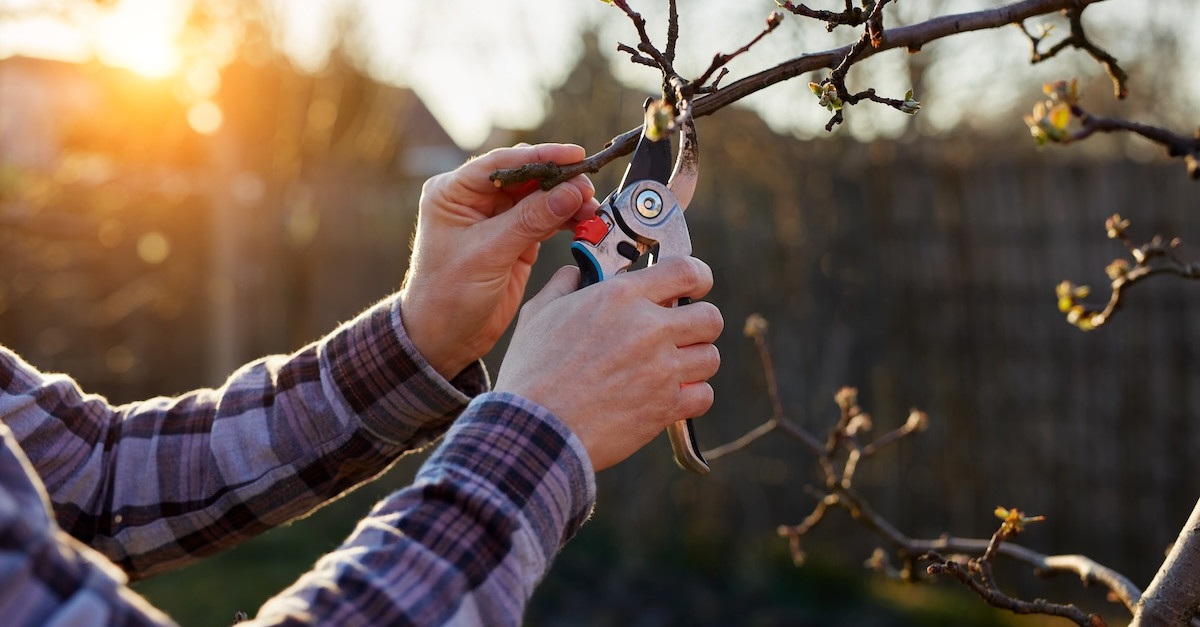How to Choose the Right Soil
Successful plant growth starts with the right type of soil. There are many factors that can impact the quality of soil, which in turn affects plant life. In December, the United Nations highlights the importance of soil preservation through World Soil Day. In honor of this holiday, here’s what you should know about your soil.
Why Is the Right Soil So Important?
Soil composition can vary drastically, and each state has its own unique soil “recipe.” The volcanic ash found in Hawaii’s soil acts as an excellent base for papaya and macadamia nuts, for example, while the decomposed prairie grass of the Midwest is ideal fodder for corn and soy. Most soil, however, is primarily composed of a combination of sand, clay, and silt.
Whether you’re growing a single potted houseplant or planning out your entire landscape design, knowing which soil to use can help your plants thrive. In general, soil provides five functions that support plant growth:
- Keeping the roots in place
- Oxygenation (as the spaces between soil particles hold air)
- Water storage and delivery
- Temperature control
- Nutrient supply
While it may seem odd to purchase soil when there’s already plenty in your yard, in many areas, the native soil isn’t ideal for supporting a given variety of plant life. The fact is that most plants can benefit from some soil modifications..
A Guide to Selecting the Right Soil Type
Visiting the soil section in any lawn and garden center can be overwhelming. Here are some tips for guiding your decision when purchasing soil.
If You’re Planting in the Ground
Start by determining where you’ll be planting. Garden soils contain minerals and organic matter, which works best when you’re planting directly in the ground. In such cases, a blend of perlite, vermiculite, and peat moss may be best. These materials have been heated to destroy potentially plant-damaging pathogens. They’re also free from weed seeds, which makes them well-suited for starting plants from their own seeds, when they’re in their most fragile state.
If You’re Planting in a Container
While garden soils are well-suited for planting directly into your landscape, they can become too saturated and compacted when used in containers. For potted plants, use potting soil, which leaves plenty of space for air and also provides nourishment.
Typically, potting mix contains: an organic component, such as compost, bark, or peat moss; an agent to help retain moisture, such as vermiculite or perlite; and, a combination of sand, limestone, and other nutrients.
If You’re Planting Special Species
Garden soil will support most plants in the ground, and potting soil meets the needs of many annuals and vegetables. But certain varieties of vegetables, fruit, herbs, and flowers may call for specific soil conditions. In these cases, there are specialty soils available that can help to ensure the plants receive optimal blends of nutrients. For example, a soil with shredded bark may help to keep orchids growing strong, since traditional potting soil may hold too much moisture for the flowers. Cacti and succulents may also benefit from a plant-specific potting medium.
Here at Premier Tree Solutions, we understand all of the elements required to help trees thrive from the ground up. Whether you’re seeking removal for an at-risk tree, or pruning services to help your trees stay safe and beautiful, turn to our specialists. To request an estimate, call (404) 353-6448 or reach out to us online.
